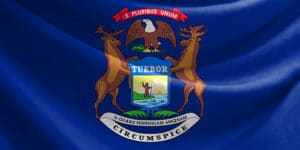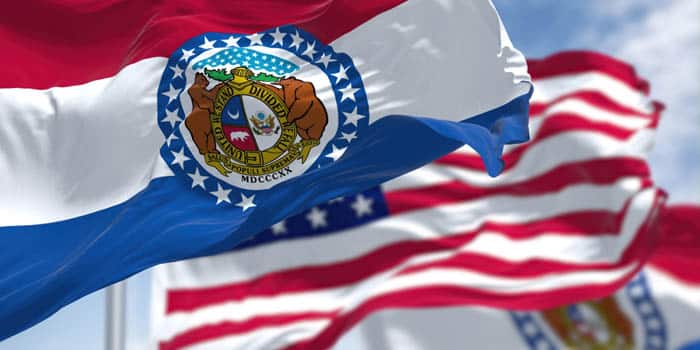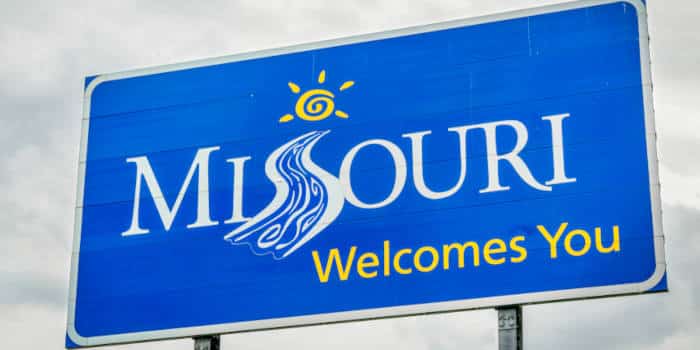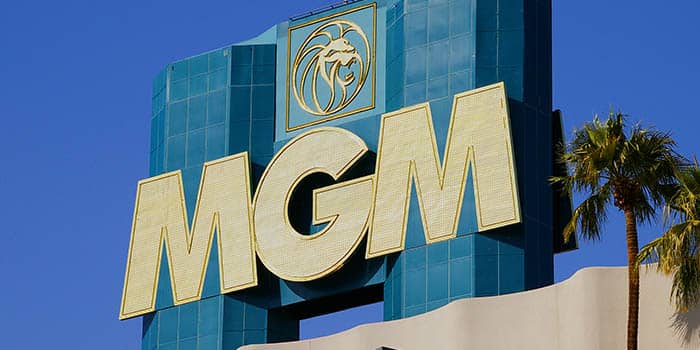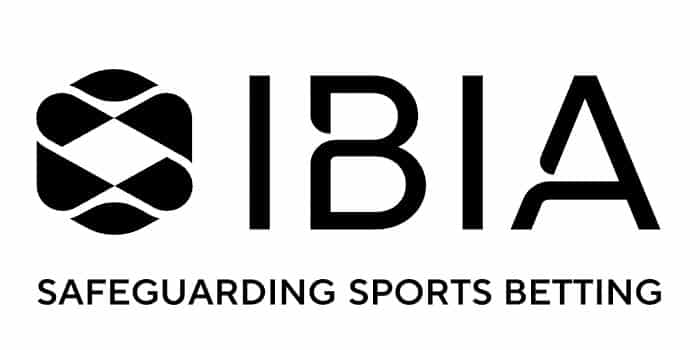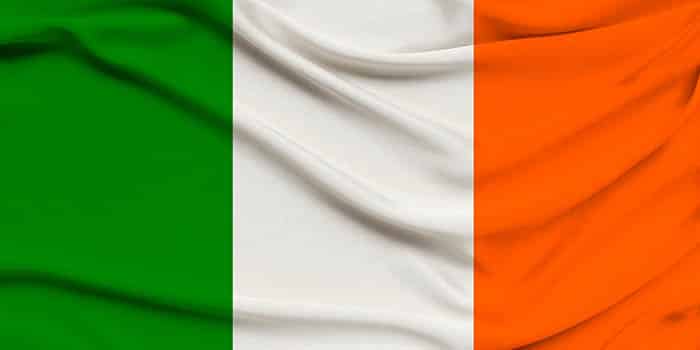Fact-checked by Angel Hristov
Study Shows Operators Flee to Offshore Gambling Jurisdictions
The study found that many of the newly established jurisdictions offer limited options for resolving disputes, often leaving players with few avenues for recourse

According to a new study by the Bristol Hub for Gambling Harms Research at the University of Bristol, UK, a new wave of offshore gambling regulators is emerging in small island nations and territories, such as Curaçao, the Philippines, and the Isle of Man. This comes as a result of gambling operators looking for alternatives to the stricter oversight in more established jurisdictions.
Operators Move to Newly-Established Offshore Gambling Jurisdictions to Escape Stricter Regulations
However, many of these new regulators operate without much oversight and offer licenses at much lower costs and faster processing times than established regulatory frameworks. In turn, this creates a significant risk for players while enabling money laundering and match-fixing activities, the study argues.
The research highlights Anjouan, which is an autonomous island in the Comoros with a population of 277,500, as the most prominent new offshore gambling hub. By May 2025, Anjouan Licensing Services had issued 825 active internet gaming licenses. The jurisdiction attracts operators with its no-tax policy on gross gaming revenue and a fast licensing process, typically completed within two to three weeks. Other emerging offshore jurisdictions include Timor-Leste and the Commonwealth of the Northern Mariana Islands, both of which enacted legislation in 2025 to allow internet gaming operations aimed at international markets.
The study found that many of the newly established jurisdictions offer limited options for resolving disputes, often leaving players with few avenues for recourse. Unlike well-established regulators such as the Malta Gaming Authority, most offshore regimes do not mandate the appointment of independent alternative dispute resolution (ADR) providers.
The research also raised concerns about the lack of transparency around beneficial ownership in these emerging markets. While some jurisdictions require full disclosure of ultimate beneficial owners, others, such as Anjouan, impose minimal due diligence requirements, making it easier to conceal company ownership structures.
The rise of Offshore Gaming Comes with an Increase in Player Complaints
A sharp rise in unresolved player complaints has accompanied the move toward new offshore regulators. According to data from the dispute resolution service Casino Guru, unresolved complaints involving operators licensed in Anjouan rose by 90% in 2024, reaching 148 cases. These disputes are commonly related to blocked accounts, delayed payments, and issues surrounding self-exclusion.
Šimon Vincze, head of sustainable and safer gambling at Casino Guru, noted that playing with offshore operators carries significant risks, as there are few guarantees of fair treatment. He explained that terms and conditions are often structured unfavorably for players and may include clauses that can be used to justify the confiscation of funds.
Stefan Velikov is an accomplished iGaming writer and journalist specializing in esports, regulatory developments, and industry innovations. With over five years of extensive writing experience, he has contributed to various publications, continuously refining his craft and expertise in the field.
